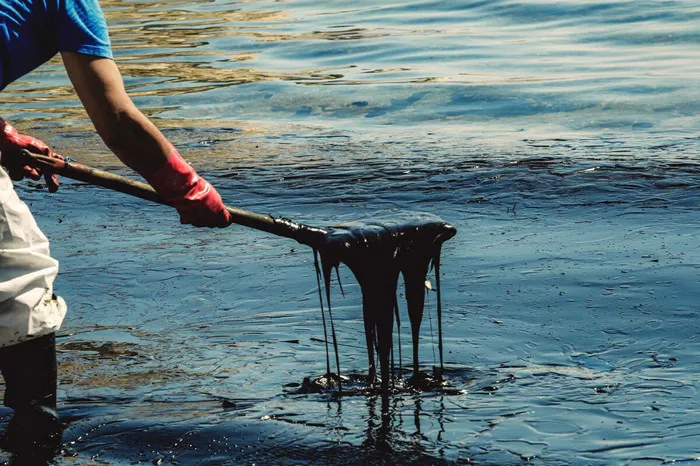European Central Bank Vice President Luis de Guindos said tariffs will negatively impact euro zone economic growth and prices in the coming years. However, he downplayed fears that inflation could fall too low, stressing that the risk of inflation undershooting the ECB’s 2% target is “very limited.”
Inflation Near Target Despite Temporary Dips
While forecasts predict that price growth may temporarily fall below the 2% target—due to a stronger euro and low oil prices—the ECB recently paused policy easing, signaling confidence that inflation is stabilizing. De Guindos highlighted that a tight labor market and steady wage growth at around 3% will help inflation rebound from the 1.4% recorded in early 2026.
Market Expectations and ECB Policy
De Guindos noted that financial markets have correctly interpreted ECB President Christine Lagarde’s messaging, now pricing in just one more rate cut possibly before year-end. “The market believes we are very close to our target of sustainable 2% inflation in the medium term,” he said.
Euro’s Strength Is Manageable
The euro has gained 11% against the dollar over three months, reaching nearly four-year highs. De Guindos argued that this appreciation has been gradual and not volatile, meaning it should not significantly hinder exporters or cause major inflationary pressures from imports. “I don’t think that the euro at 1.15 to the dollar will be too much of an obstacle,” he said.
Euro Won’t Challenge Dollar’s Reserve Status Soon
De Guindos dismissed suggestions that the euro will soon rival the U.S. dollar as the world’s dominant reserve currency. The eurozone still lacks the necessary financial architecture and defenses to become a true challenger, which also limits the eurozone’s growth prospects.
Despite concerns over U.S. government spending and policy uncertainty, de Guindos emphasized confidence in the Federal Reserve’s reliability and support measures. He also assured that gold reserves held by eurozone central banks at the New York Fed are secure and would not be moved amid current political tensions.

































